How to Ensure Secure Internet for Businesses?
.png?width=50&name=MicrosoftTeams-image%20(4).png)
Julian Weng Liang
Internet security for businesses involves a comprehensive approach aimed at safeguarding online activities and transactions. The internet is a two-way channel, and risks can emerge from both exposed services (corporate applications, web portals, local email servers) and user interactions, including the inherent danger of accessing malicious websites or downloading files containing malware or ransomware.
| Many Latin American companies lack a mature organizational culture and the necessary measures to manage their data, establish robust security layers to protect information, and implement proper processes for enforcing security policies. This deficiency is especially noticeable concerning information and services exposed on the internet, making it easy for cybercriminals to exploit vulnerabilities with minimal effort. |
Information security relies on technology, people, and processes and must adhere to the principles of confidentiality, integrity, and availability. Information can be disclosed, misused, stolen, deleted, or sabotaged, affecting its availability and putting it at risk of modification..
People play a critical role in information protection.
Social engineering is the practice of obtaining confidential information through the manipulation of legitimate users. It is a technique that cybercriminals can employ to gain information, access, or privileges in information systems, with results similar to network-based attacks, bypassing all the infrastructure created to combat malicious programs.
The underlying principle of social engineering is that in any system, 'users are the weakest link,' which is why it's essential to reinforce the culture and awareness surrounding company security policies and best practices for using and accessing information.
Even though many people recognize the need to protect and monitor their data, the majority often give out their information for superficial reasons such as promotions, gifts, or free trips. Even as some individuals become more aware and sensitive to information security, many continue to share sensitive information on social media, such as phone numbers, addresses, their children's schools, or coworkers' names—data that can provide access to additional levels of information or corporate computer systems.
Protecting Information from Computer Attacks in Your Company
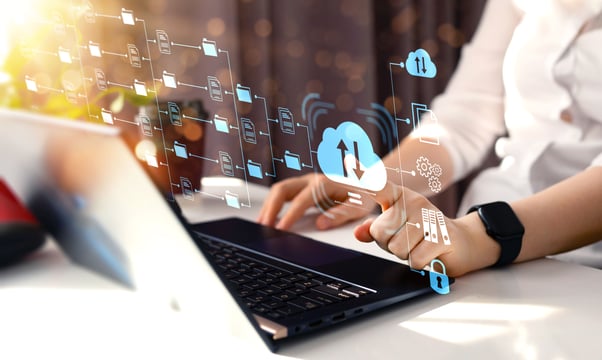
Emails represent one of the weakest points within a company, as cybercriminals can easily introduce threats of malicious software for information theft or hijacking using social engineering tactics that study the victim and craft personalized phishing messages. Email is one of the most common delivery mechanisms for ransomware and zero-day threats.
It's important to have tools at your disposal that allow you to gain visibility and control over traffic, user transactions, and access attempts to published services, enabling monitoring of suspicious message activity and the downloading or sending of attachments. Continuous training of company personnel on the proper use of this medium for work-related purposes is crucial, and employees should be encouraged to report any suspicious emails to the company or security officer.
It's common for malware to hide in PDF files, images, and compressed ZIP files. Best practices involve implementing local anti-malware software on each computer, a perimeter-based platform, and cloud services capable of discovering, decoding, and decrypting hidden codes with anomalous behaviors to prevent information theft.
Ransomware is a type of malware that restricts access to a computer system or a set of files, demanding a ransom to remove the blockage. This risk can be realized and have devastating consequences for a company, resulting in massive data loss and economic harm.
Recent examples include ransomware like Ryuk, WannaCry, and Petya, which operate similarly: during an attack, data on the infected computer is locked, whether it's documents, photos, or videos. To decrypt them, the program typically demands payment in cryptocurrency, with data being permanently deleted or locked if the ransom isn't paid within the specified timeframe.
How to Ensure the Security of Your Company's Equipment?
The best way to guarantee that your company's equipment operates smoothly is by creating an inventory of all available hardware and their corresponding licenses. It is recommended to develop a plan to manage equipment most effectively, either through employee training to perform regular updates or by automating the process using a centralized tool.
With the digital transformation of banking services, financial risks have changed, and frauds or operational failures have increased alongside cybercrime. Among the most common and dangerous attacks is DDoS or Distributed Denial of Service attacks, which involve causing a server to crash by overloading its bandwidth or forcing it to use its computing resources for trivial operations. These actions force the interruption of a website or critical business applications such as online sales or university registrations.


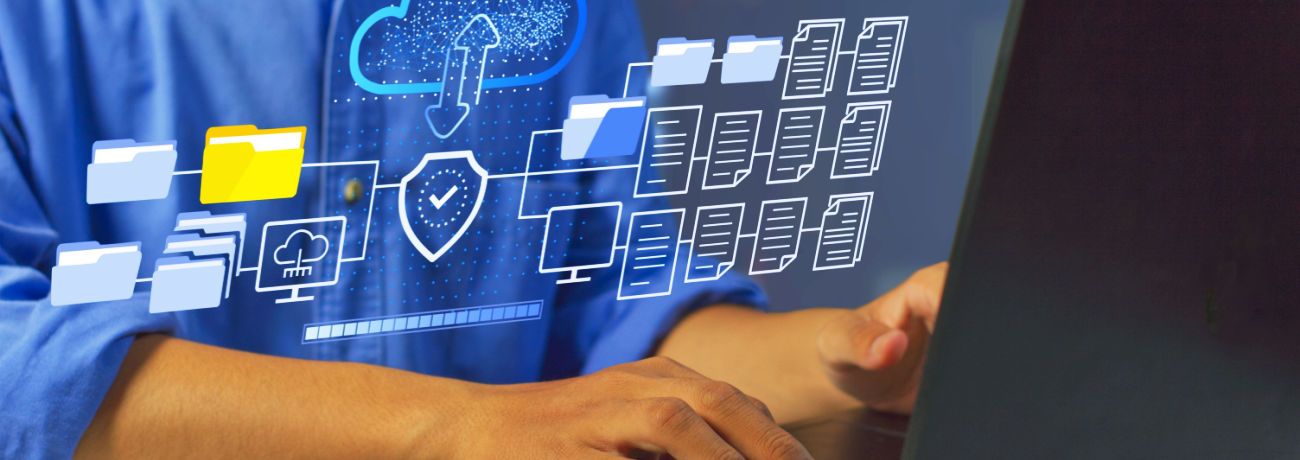
.png?width=90&name=MicrosoftTeams-image%20(4).png)

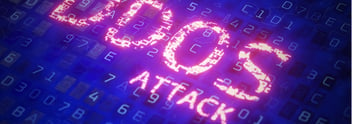
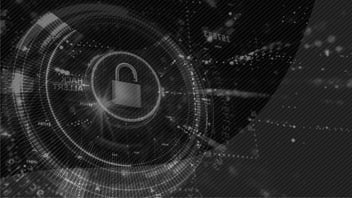



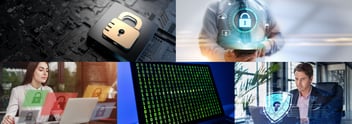



.jpeg?width=352&name=Edge%20Computing%20(1).jpeg)
.jpeg?width=352&name=Cliente%20(1).jpeg)